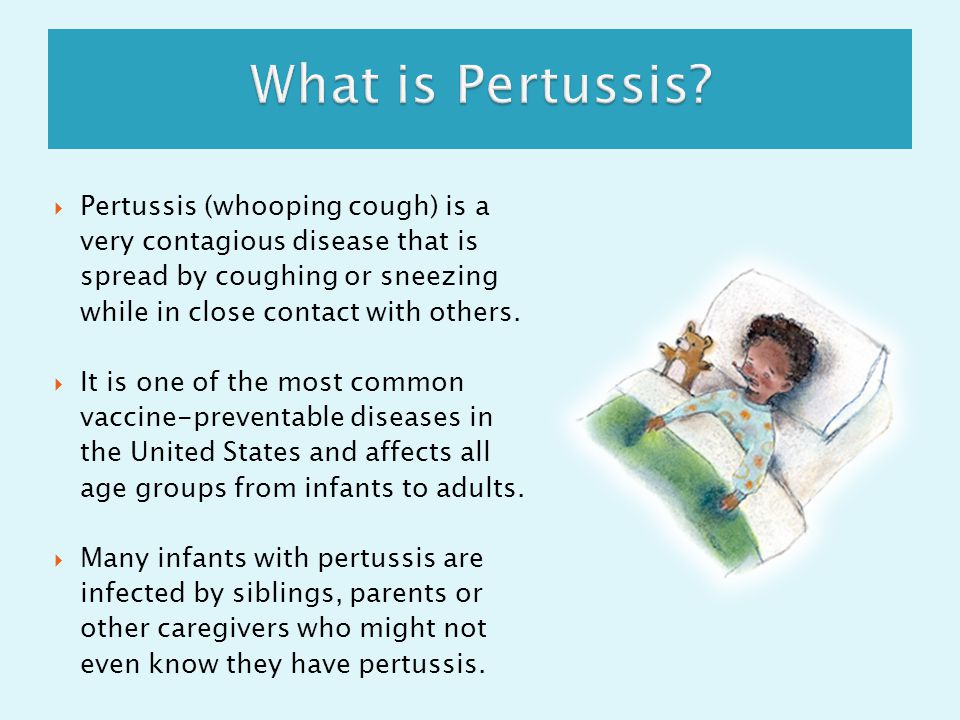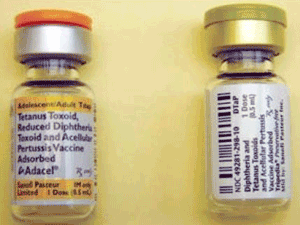
The DTap vaccine is a group of vaccines against three common infectious diseases in children: diphtheria, tetanus and pertussis. DTap vaccine ingredients include diphtheria toxin and tetanus toxin, and either killed bacteria or whole dead cells of the pathogen that causes diphtheria or tetanus.
The DTap vaccine has been used for over 30 years to protect children from diphtheria and other diseases caused by the bacteria Shigella flexneri. Since the first detection of diphtheria, more than one hundred and fifty million people, including babies, have died from the disease. There is no cure for diphtheria or tetanus, but vaccination can reduce the severity of these diseases and shorten the incubation period. The vaccine is very safe for children, but should not be used by adults.
The DTap vaccine has never been approved for use in adults, but in countries where DTap is used, the vaccine can be given to infants to protect against diphtheria. In a CDC study, a small percentage of adults received a dose of diphtheria or tetanus vaccine, and none of them developed an illness associated with that vaccine.
Children who receive the DTap vaccine are usually younger than five years old, although it can be given as early as nine months of age. The vaccine protects children by suppressing the bacteria that cause diphtheria or tetanus while strengthening the immune system so adults can fight the bacteria that cause whooping cough.
Toxins and bacteria from an infected person enter the body and cause a disease in people called tetanus. Children can get tetanus from contact with an object that is contaminated with the bacteria. In infants, bacteria can pass through the mouth into the lungs, where they travel to other parts of the body, where they cause a condition called pertussitis, which causes coughing and breathing difficulties.
When an adult becomes infected with the bacteria that causes whooping cough and becomes infected with whooping cough, he can pass the infection on to his child, thereby passing the disease on to other children. In adults, bacteria can pass through the body and enter the bloodstream, where they kill healthy, live white blood cells, causing jaundice. or (yellowing of the skin or eyes). Jaundice causes painful itching and burning, and is usually accompanied by fever and severe vomiting.

The DTap vaccine is designed to prevent babies from getting diphtheria or tetanus and to prevent bacteria from entering the bloodstream when they are infected. The side effects of DTap vaccine in adults are unknown. Immunocompromised adults, pregnant women, those with HIV, multiple sex partners, or a history of kidney disease should not receive DTap vaccine.
DTap vaccines prevent a serious condition called sepsis, which results from an increase in the toxins that cause bacteria in the kidneys to grow. When a person suffers from sepsis, they develop symptoms such as nausea, vomiting, abdominal pain, fever, fatigue, dizziness, and abdominal pain.
If you or your child has recently had an episode of severe diarrhea due to a bacterial infection, you may want to consider using the DTap vaccine as it helps boost your child’s immune system. Because the bacteria used in the DTap vaccine are destroyed by the immune system, it is unlikely that an immunocompromised child will suffer from any of the symptoms that could be associated with an adult with sepsis.
Although the DTap vaccine is not a cure for diphtheria or tetanus, it is used to strengthen your child’s immune system to fight the disease and prevent it from recurring. It is especially important to get your child vaccinated if he or she spends a lot of time at school, work or play equipment, where he or she may come into contact with an infected object.
There are people who are not eligible for booster vaccinations. These include newborns, women who have recently given birth, people who have had surgery that weakened their immune systems, and people with chronic conditions affecting the kidneys and lungs.
While it is important to make sure your child is vaccinated, there are several things you can do to help strengthen their immune system. For example, eating foods high in vitamin A, zinc, and calcium is good for your immune system. Taking vitamin C can strengthen the immune system. Vitamin E supplementation may also be helpful.